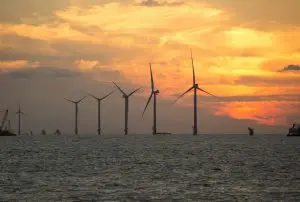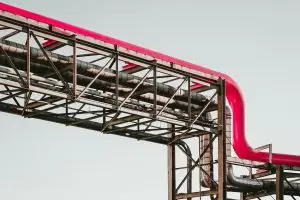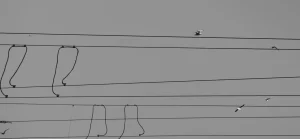Brevia Consulting is providing a weekly round-up and analysis of the UK headlines. This week, read about Prime Minister Rishi Sunak’s response to ongoing public sector strikes, the publication of Gordon Brown’s report on constitutional reform, and the Government’s latest policy announcements on onshore wind and coal.
SUNAK REVIVES THE IDEA OF NEW ANTI-STRIKE LAWS
Speaking at Prime Minister’s Questions on 7 December, the Prime Minister, Rishi Sunak MP, stated that since going into No10 he had been working on new laws to protect people from the disruption caused by industrial action. He warned Parliament that, should the Trade Unions refuse the pay increases recommended by the independent pay review bodies, he would introduce this legislation.[1] Reportedly, ministers are thinking of extending existing plans to introduce Minimum Service Level Agreements for public transport to other sectors, including the emergency services. These would allow strikes to go ahead but with a legal limit on how much service interruption is permissible.[2]
LABOUR SETS OUT POTENTIAL CONSTITUIONAL REFORMS
On 5 December, Labour published a report by former PM Gordon Brown setting out plans for major constitutional reform. Brown’s recommendations include greater decentralisation, banning second jobs for MPs and moving to abolish the House of Lords. Starmer said the ‘driving force of the report is that politics is broken and the economy is broken and we need to fix both parts’.[3] In total, the 155-page report lists 40 recommendations.[4] The Conservatives criticised the plans for not focusing on current issues[5] and Labour’s ability to deliver them is still questionable. However, Labour will be hoping the announcement chimes with a belief that things are fundamentally wrong in the country and a change in Government is required to address them.
GOVERNMENT BACKS ONSHORE WIND…AND COAL?
On 6 December, the Government announced its plans to launch a consultation on the national planning framework for onshore wind development in England, signaling an end to the effective ban that has been in place since 2015.[6] This announcement came only a week after over 30 backbench Tory MPs threatened to support an amendment to the Levelling Up and Regeneration Bill that would lift the ban. Whilst the policy was cautiously celebrated across the House, this faded quickly when Levelling Up Secretary Michael Gove MP granted planning permission to a new coal mine in Cumbria, which would produce coking coal for use in steel production. Responding to this news, Shadow Levelling Up Secretary Lisa Nandy MP argued that UK steelmakers are actively phasing out coal, decrying the decision as ‘bad policy and bad politics’.[7]
BREVIA CONSULTING PROVIDES STRAIGHTFOWARD POLITICAL AND COMMUNICATIONS SUPPORT TO BUSINESSES AND ORGANISATIONS
Discover how Brevia can help you and your organisation by contacting the Brevia Team on 020 7091 1650 or emailing us at contact@brevia.co.uk
Notes
[1] The Prime Minister, Hansard, 7 December 2022, Col. 333, Link
[2] BBC News, ‘Ministers consider tougher curbs on strike action’, 8 December 2022, Link
[3] The Guardian, ‘Labour plan to reform constitution will end ‘sticking plaster politics’, says Starmer’, 5 December 2022, Link
[4] Labour, ‘A New Britain: Renewing our democracy and rebuilding our economy’, 5 December 2022, Link
[5] Nadhim Zahawi, Twitter, 5 December 2022, Link
[6] Department for Levelling Up, Housing and Communities, ‘Government to launch consultation on local support on onshore wind’, 6 December 2022, Link




